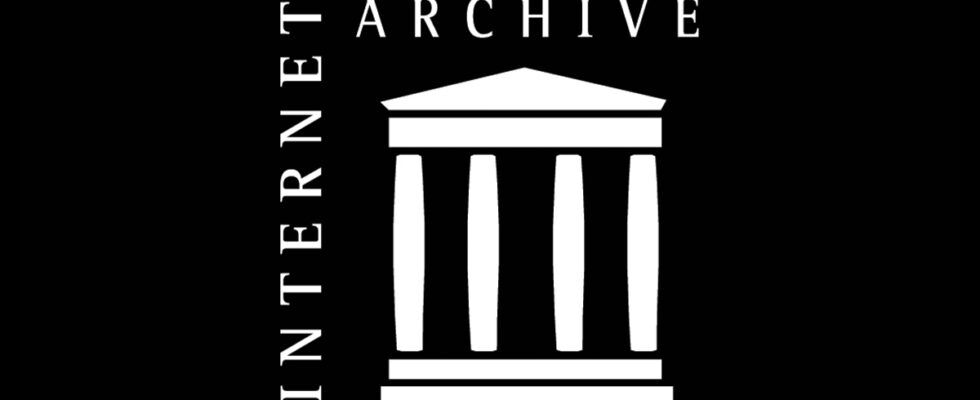The Internet Archive’s book scanning and lending practice is under threat from a lawsuit from major publishers, questioning the foundations of knowledge sharing in the digital age and the implications for copyright.

The era of artificial intelligence brings its share of progress, but also legal problemsparticularly in terms of copyright. The proliferation of legal cases shows the limits of using protected works to train AI algorithms. One of the emblematic cases concerns OpenAI, designer of ChatGPT, accused of having drawn on copyrighted content to perfect its artificial intelligence.
The OpenAI situation, although concluded with a court decision in its favor, highlights the complexity of copyright issues in the field of AI. This controversy finds an echo in the debate surrounding Internet Archivefaced with similar problems with its digital library. The digitization and sharing of books thus raise concerns about respect for copyright and repercussions on publishers and authors.
Internet Archive faces complaint from major publishers
Internet Archive, an organization non-profithas given itself the mission of digitize and make books accessible physical in digital form, drawing inspiration from the traditional library model where a book can only be borrowed by one person at a time. However, this initiative triggered a wave of legal challenges from publishers such as HatchetHarperCollins, John Wiley and Penguin Random House, who see it as a violation of their exclusive rights. The latter compare the activities of the archive to a “Napster moment“, a music file sharing service that had disrupted the music industry by facilitating mass distribution illegal copiesleading to a significant decline in album sales.
On the same topic – ChatGPT: here’s how to ask the AI to read its responses if you don’t have the energy to read them
The complaint also raises concerns as for theuse of digitized works for the training of artificial intelligence, amplifying the debate on copyright in the context of technological innovation. The publishers argue that digitization and lending by the Internet Archive, without going through official licensing channels, represent a direct threat for their economic model and the regulation of copyright. This case highlights the complex challenge of reconciling open access to knowledge with the need to protect the interests of creators and publishers in an ever-changing digital world.
Source: torrentfreak
